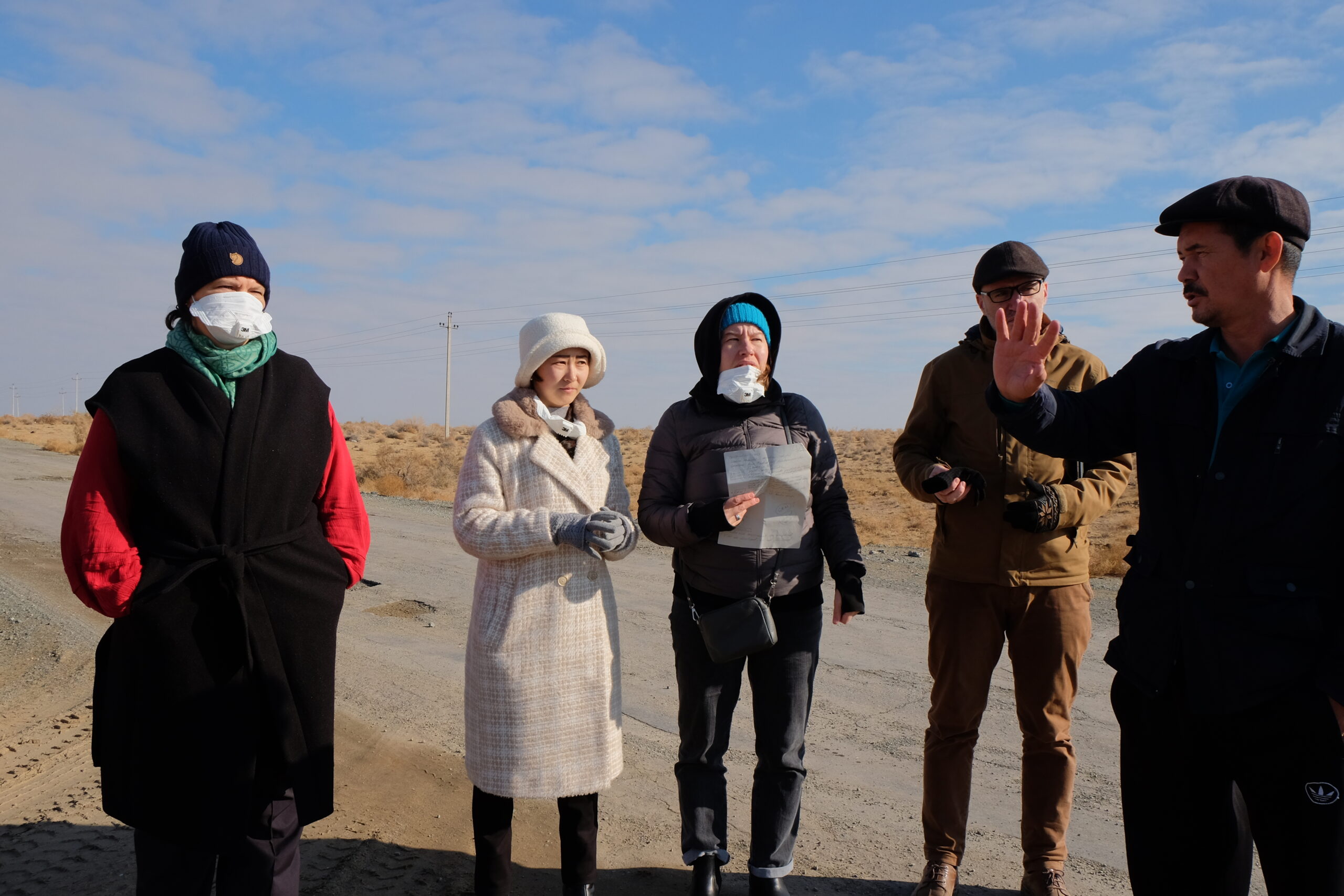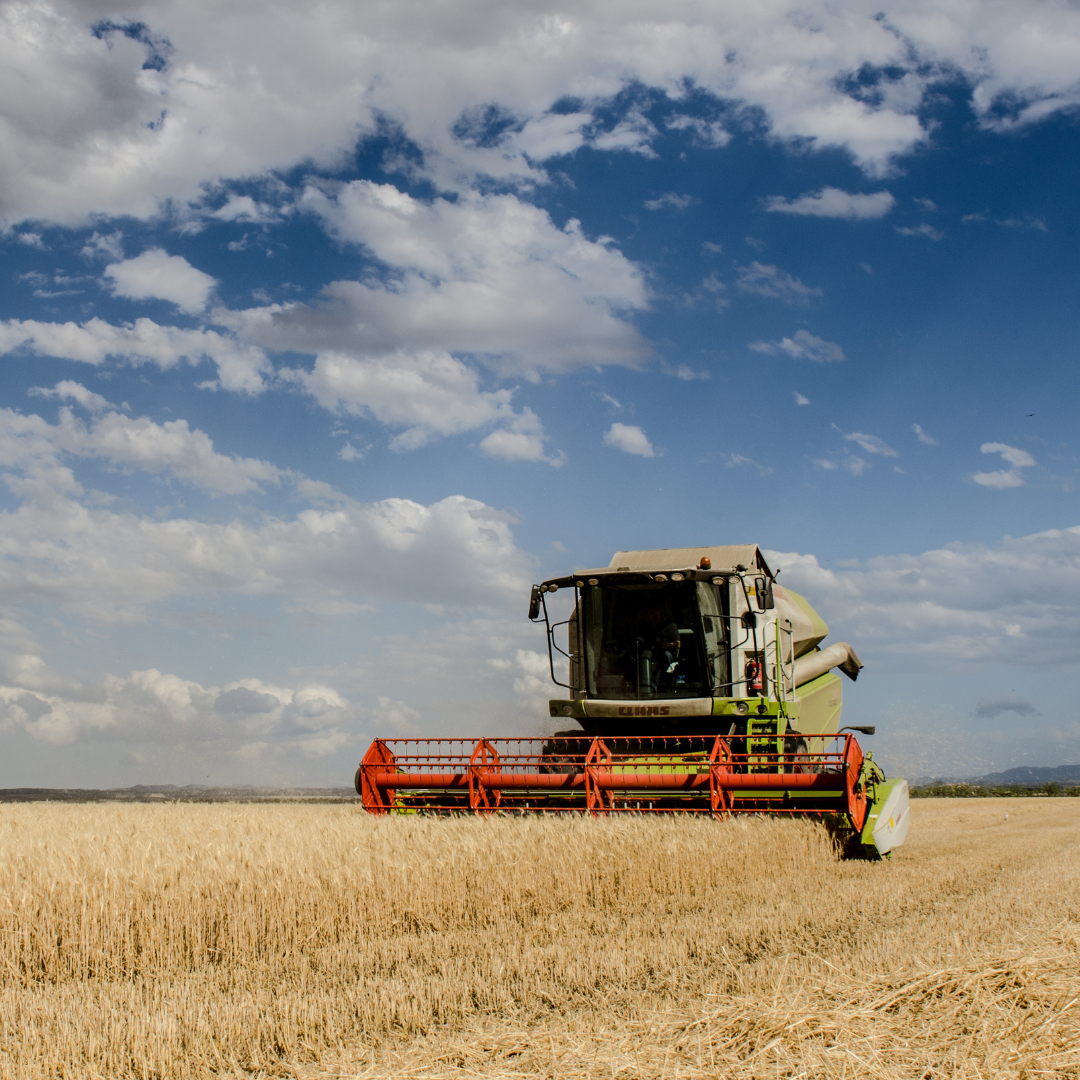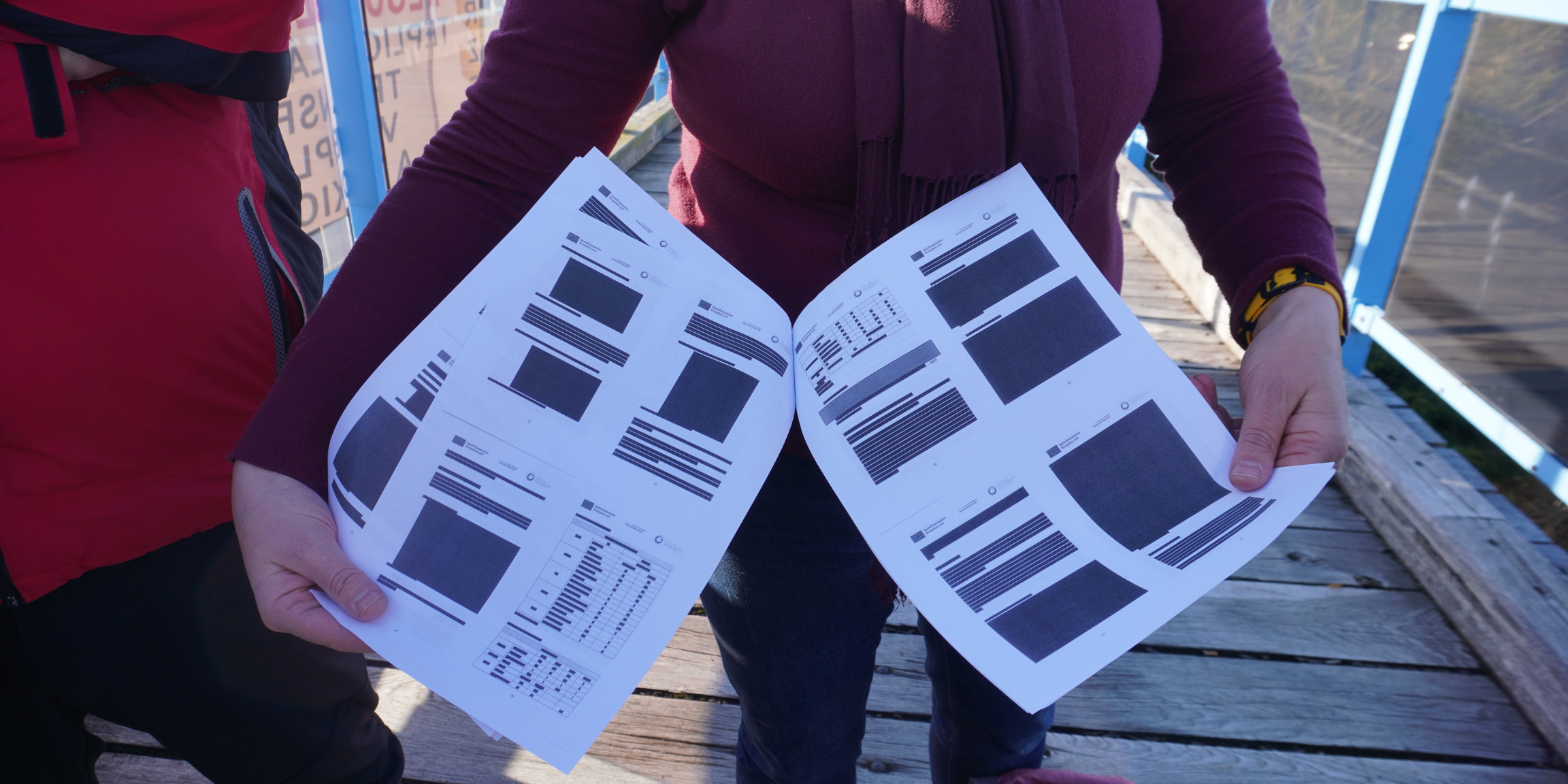EBRD Annual Meeting 2024
Yerevan, Armenia
Between 14 and 16 May 2024, the European Bank for Reconstruction and Development (EBRD) will hold its annual meeting in Yerevan, Armenia. Like every year, Bankwatch and its civil society partners will raise issues in relation to social and environmental impacts associated with EBRD investments. We’ll also continue to advocate for meaningful public participation and sustainable solutions that benefit people and the planet.
The EBRD and human rights
Despite heavily increasing investments in green projects in recent years, the EBRD still lacks an effective system for safeguarding human rights. This is particularly problematic for the EBRD’s countries of operation, which are considered ‘not free’ or score poorly in areas such as disclosure and environmental performance. Poor governance increases the environmental and social risks associated with investment projects. In light of EBRD’s recent decision to extend its operations to sub-Saharan Africa and Iraq, shrinking civic space in the Bank’s countries of operation, as well as its commitment to green transition that requires extensive mining, the need for enhanced human rights safeguards is now more urgent than ever.
During the revision of its good governance policies, the EBRD has a unique opportunity to pioneer enhanced human rights due diligence among development banks.

Despite some improvements, the latest drafts of the EBRD’s updated good governance policies fall short of ensuring that human rights are respected and protected, especially in countries with significant democratic deficits. In a joint statement, 60 civil society organisations urge the EBRD to enhance its human rights due diligence.
We call on the EBRD to commit to better disclosure of project-related environmental and social information. This will help enhance the Bank’s due diligence and ensure early identification of risks, effective impact mitigation, and compliance with the EBRD’s commitments.
A new report by FIDH and Bankwatch reveals that the measures being implemented by four leading public development banks, including the EBRD, are not sufficient to prevent their projects from endangering human rights.
The EBRD sets out requirements for stakeholder engagement as part of project risk and impact assessments. This study reviews the stakeholder engagement practices of EBRD clients in all 34 high-risk projects disclosed between 2020 and 2024.
The EBRD’s safeguards revisions show some progress, but the Bank needs to strengthen its own environmental and social due diligence, particularly in the area of human rights, to prevent human rights abuses through early risk identification and effective mitigation.
More than 30 international and national civil society organisations have joined the call to the President of the EBRD, Odile Renaud-Basso, to condemn the Foreign Agents Law, which is an attack on civil society and independent media and risks jeopardising their activities and the success of business operations in Georgia.
Bankwatch and partners’ initial recommendations on the EBRD safeguards improvement (2023)
In December 2023, Bankwatch and other civil society partners submitted their collective input on the EBRD’s good governance policies – with focus on human rights due diligence, retaliation prevention, as well as remedy.
On 3 April 2024, Georgia’s ruling party revived the controversial ‘Law on Transparency of Foreign Influence’, which labels independent media and civil society groups as foreign agents. The move, coming just over a year after initial proposals were dropped, has sparked widespread protests once again.

Agriculture on the crossroads
Previous EBRD investments in the agribusiness sector have overlooked local development challenges, such as the environmental and social impacts of increased production, access to resources, social justice and unfair competition. As the EBRD revises its Agribusiness Sector Strategy, it has an opportunity to learn from previous failures and incentivise decentralised, fair, green and EU-aligned agricultural production. This is especially relevant for Ukraine as it rebuilds its economy.
Based on our experience with the EBRD’s investments in the agricultural sector, we have worked with the Land Matrix Initiative to formulate recommendations for the EBRD to integrate considerations of the impact of land concentration into its safeguards.
While the EBRD investments helped increase agricultural production in its countries of operation, there is an urgent need to address the regional and global challenges. This can be done through sustainable investment into small and medium farms, phasing out large-scale livestock production, investing in circularity and decarbonisation
Sustainable cities
Drawing from our extensive experience monitoring EBRD investments in solid waste, urban transport and highway infrastructure, we’re calling on the EBRD to address a range of issues with its new Sustainable Infrastructure Strategy. EBRD projects in these sectors impact – both positively and negatively – the rights of millions of people living in cities. To avoid harm, project delays, as well as legal and financial risks, important decisions on the siting of facilities, the routing of transport corridors, and the assessment and management of potential risks and impacts on nature, cultural heritage, communities and livelihoods must be made transparently and in consultation with affected communities and stakeholders.
Our recommendations are designed to help the EBRD ensure its projects are green, inclusive, well-governed and financially sustainable.
In many cities around the world, moving freely, safely and without constraint remains a daily challenge for vulnerable groups including women. In this paper, we identify shortcomings in the EBRD’s implementation of gender mainstreaming in the urban transport sector and make recommendations for improvement.

Other topics
Bankwatch has long advocated for genuine public participation and human rights protection on many other EBRD projects and continues to call on the Bank to halt its investments in fossil fuels.
Supported by the EBRD, the conversion of Almaty’s coal heat and power plant CHP-2 to gas has been seriously delayed. This opens an opportunity for a rethink: Why is the EBRD continuing to support this project instead of funding a clean and potentially cheaper type of heating?
Based on findings from a recent site visit to the Corridor Vc motorway in BiH, this report underlines the crucial need for investors, including the EBRD, to re-examine the route south of Mostar via Prenj in consultation with the public. Failure to do so risks further years of delay.
In recent years, public concern has grown over rising levels of air pollution in Bishkek. It seems increasingly likely that new electric and CNG buses will replace the city’s most environmentally friendly mode of transportation – the trolleybus.
The engagement of the EBRD in supporting the Amulsar gold mine in Armenia in its early stages resulted in adverse environmental, social, economic, and human rights impacts. The EBRD terminated funding to the client and exited the project, but the harm remains unremedied.
After the collapse of the Kakhovka dam in 2023, some stakeholders support the reconstruction of the dam, while others are willing to support the restoration of the natural landscape on the site of the former reservoir.
Ahead of the EBRD’s Annual Meeting, 11 civil society organisations submitted their collective input on the revised draft of the EBRD’s Environmental and Social Policy, focusing on standards related to biodiversity conservation and sustainable management of living natural resources.
LATEST UPDATES

Monitoring what matters: Public participation as a systemic issue for the EBRD
Publication | 11 December, 2025Information on public participation practices reported by the EBRD is lacking. This briefing illustrates the importance of regular and effective monitoring of project-level participation to inform the EBRD’s corrective actions and enhance management strategies.
Read more

More than just a few bad apples: If public engagement matters, why isn’t the EBRD tracking it?
Story | 11 December, 2025Civil society organisations and accountability mechanisms have repeatedly highlighted EBRD-financed projects in which the people affected have been marginalised, consultations have been superficial, and grievances have been ignored. These are not isolated missteps or the work of a few bad apples, but rather recurring problems that result in serious harm to people and the environment. Our latest research identifies 38 such cases, raising a pressing question: How can the EBRD ensure meaningful public participation if it doesn’t identify and learn from its failures?
Read more

Replicability gone wrong: Demolition of cultural heritage and environmental risks at EBRD project in Kazakhstan
Blog entry | 8 December, 2025For years, concerns have been raised about the Almaty International Airport Extension Project which is being financed by the European Bank for Reconstruction and Development (EBRD). Locals question the inadequate protection of cultural heritage and a lack of public participation and access to information. To address this, a formal complaint was recently filed with the Independent Project Accountability Mechanism (IPAM), and the outcome of a compliance review is pending.
Read more
